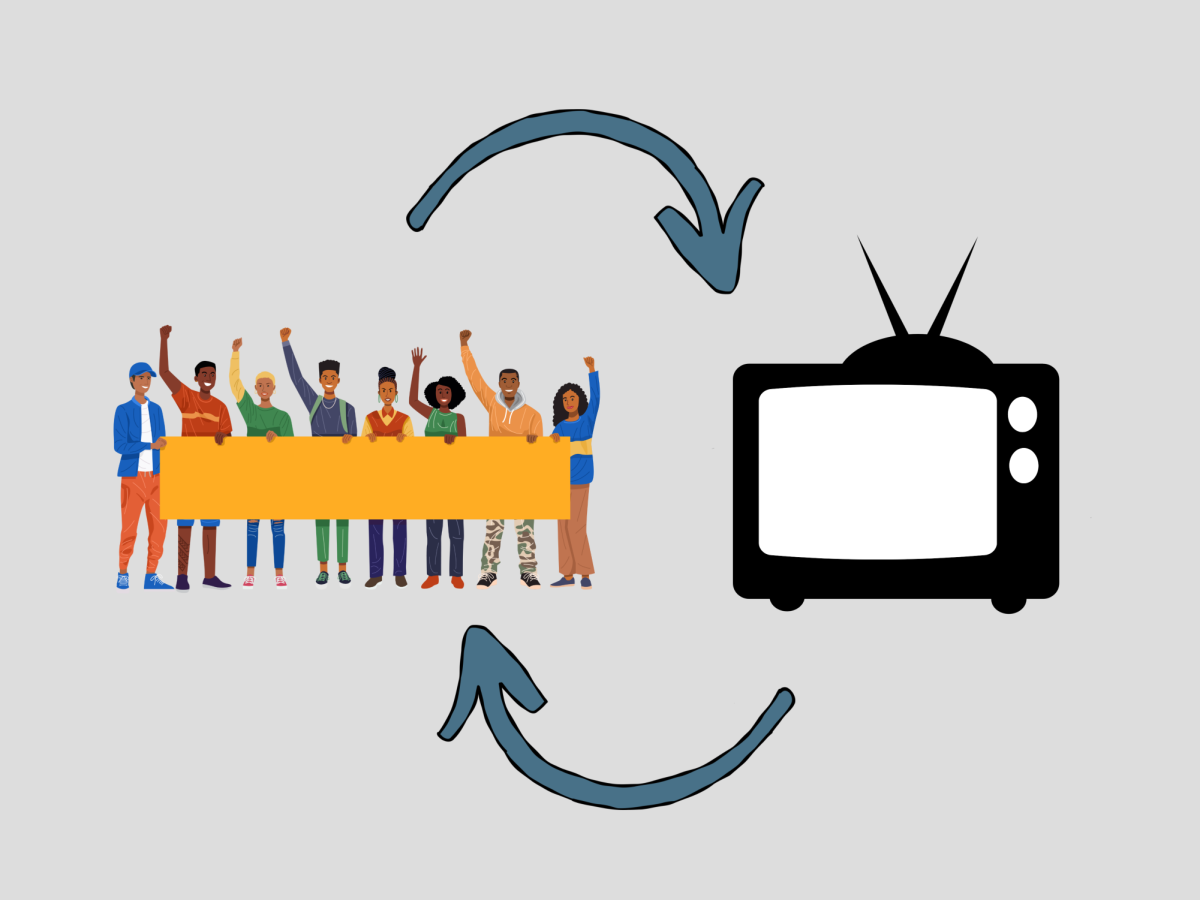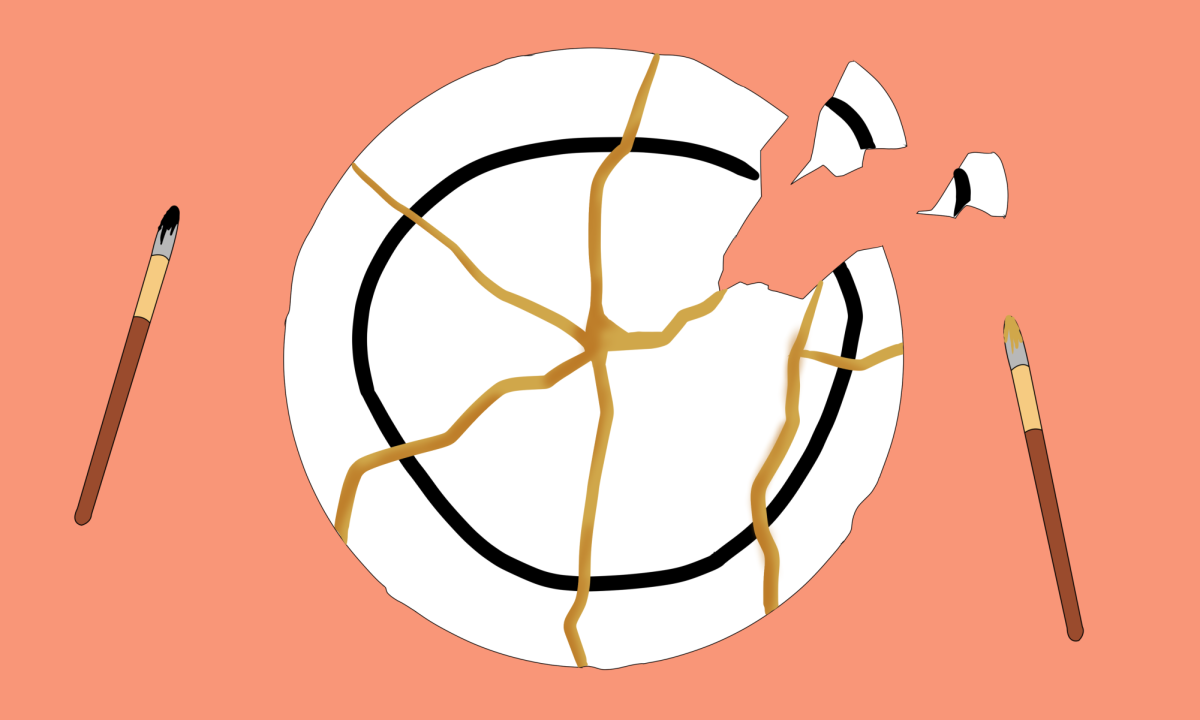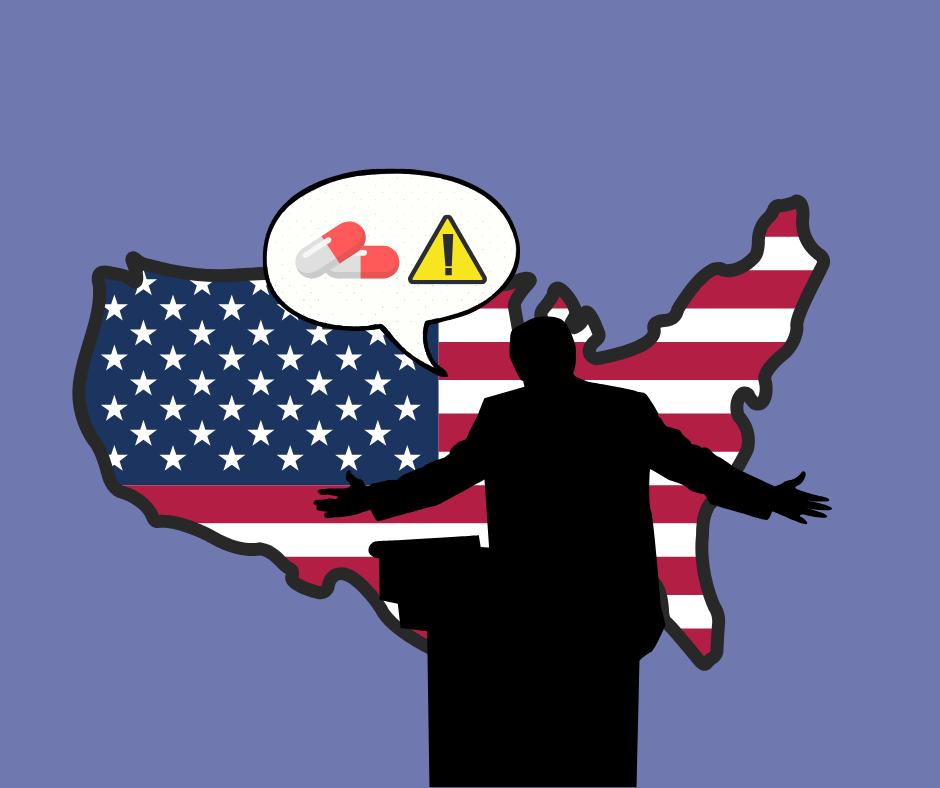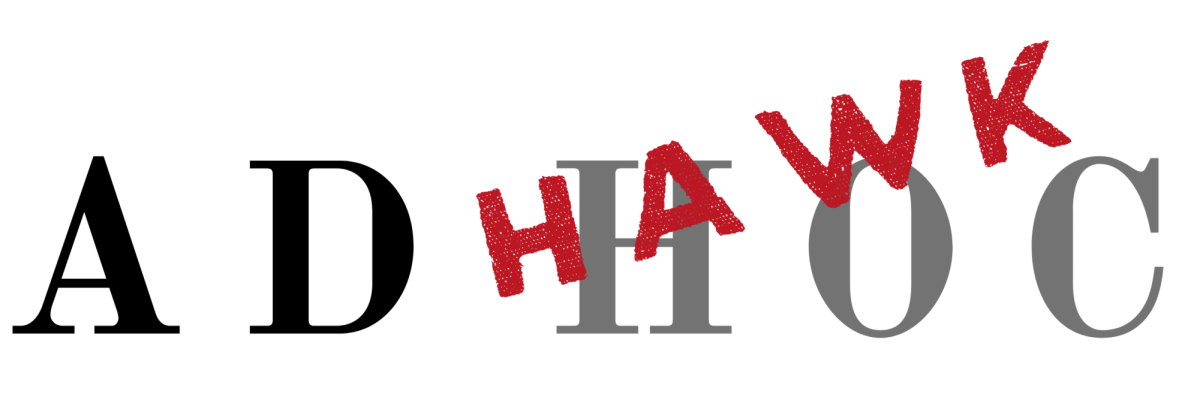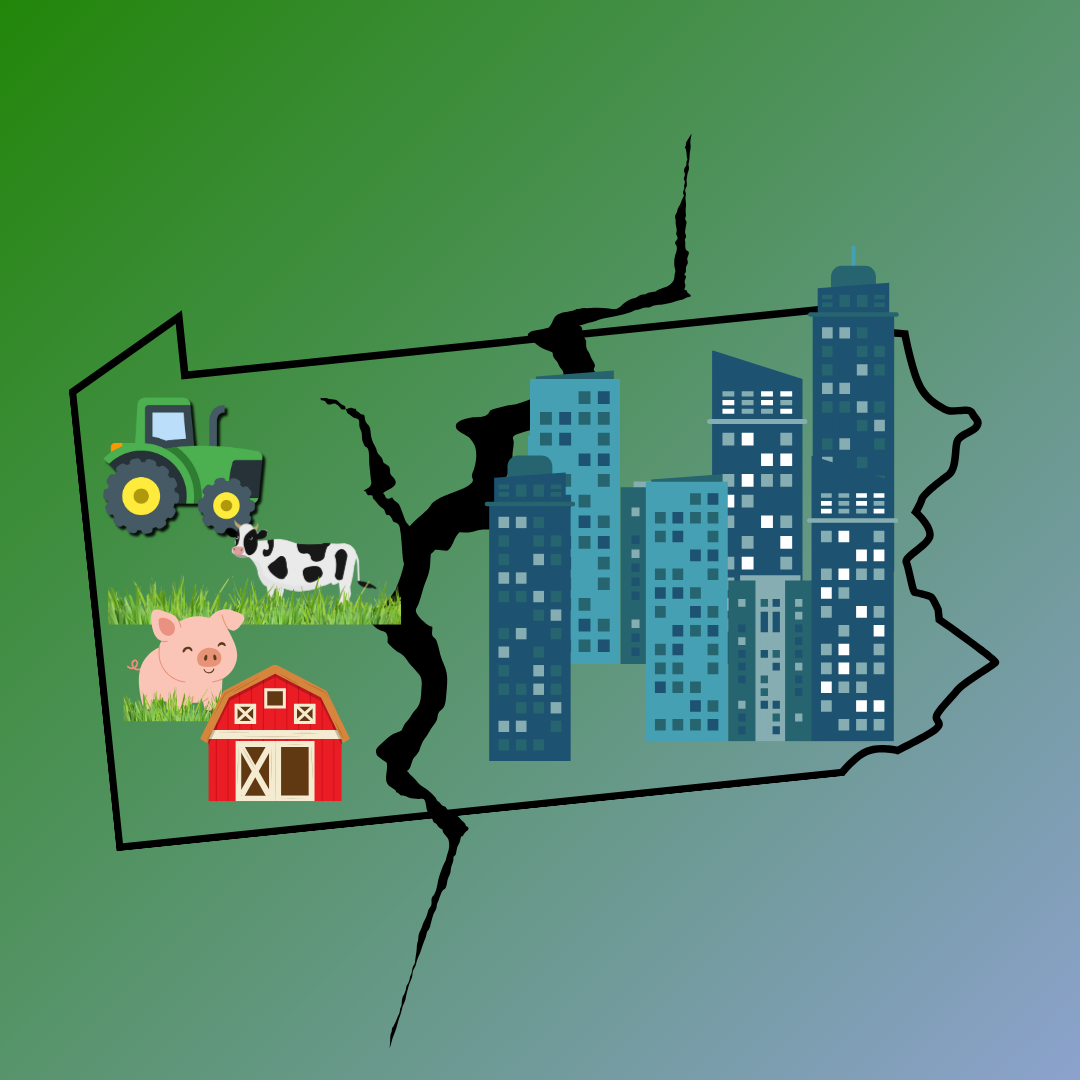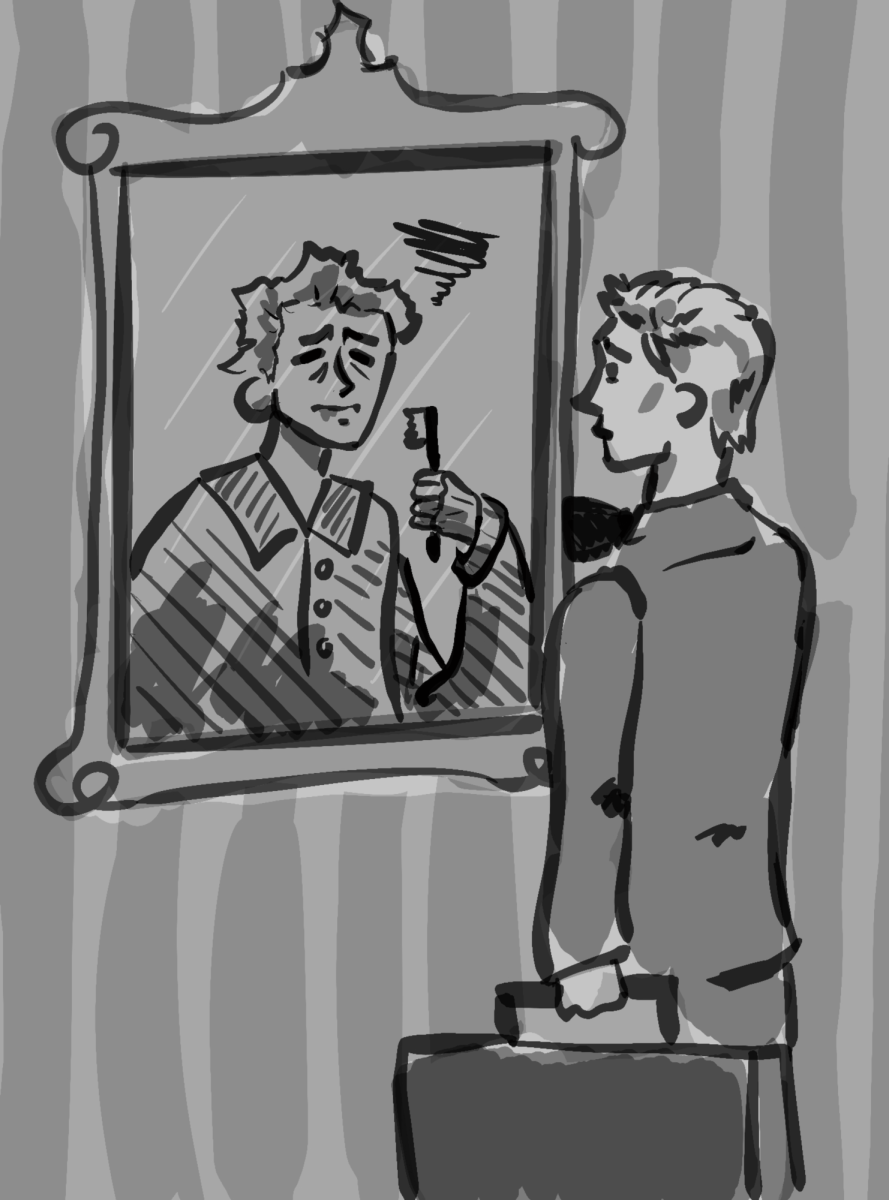One of fiction’s greatest capabilities is its ability to provide us sobering pictures of our real and broken world. Eiichiro Oda’s seminal work, “One Piece,” is a story that does just that. The main group of characters, the Straw Hats, fly a Jolly Roger flag now synonymous with resistance against the story’s authoritarian world government. In standing up for their democracies and making their voices heard, protestors across the globe have resonated with the Jolly Roger of the Straw Hats, as well as various other fictional intellectual properties. Fiction’s truth is spilling out into the fields of protest.
The Jolly Roger was first seen earlier this year in Indonesia. Ahead of the nation’s independence day, President Prabowo Subianto called for Indonesians to fly the country’s flag “wherever [they] are” in celebration of the nation’s 80th anniversary. Local truck drivers, who usually fly the Indonesian flag, opted for the Jolly Roger’s pirate flag in protest of transportation reforms they felt overlooked working class drivers.
The flag made additional appearances earlier this month in Nepal during anti-corruption, anti-censorship and anti-state-backed violence demonstrations led by Gen Z protestors. Demonstrators protested against years of “poor governance and exploitation of state resources.” Protestors in France have also flown the Jolly Roger flag in response to austerity measures by the Macron government.
This wave of political activism is not the first time fictional intellectual properties have been used to send political messages. Hacktivist group Anonymous opted for the Guy Fawkes mask, made popular by the “V for Vendetta” novel and subsequent 2005 film, as their identity when conducting organized physical protests. In 2020, demonstrators from Thailand to Myanmar were using the three-fingered salute from the “Hunger Games” franchise in opposition to military overthrows of government in their respective nations.
People across the globe will go to great lengths for their political systems, making their voices heard if their governments fail them and standing for democracy when it is threatened. These odd but powerful instances of demonstration show that the voices that speak in fiction can share truths that ring bare and loud in our very real political situations.















































